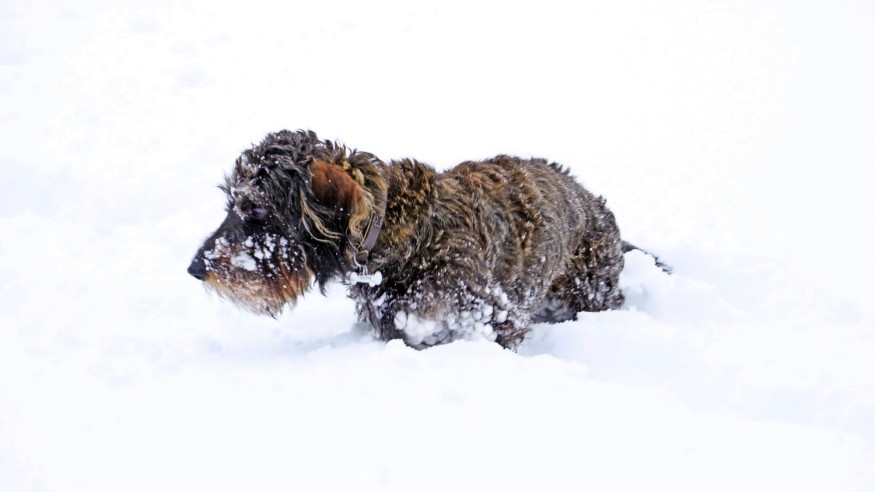
As animal lovers, we all want to keep our pets safe. By now you are probably aware that winter can harm our fur babies just as much as it does on humans.
Below are what you can do to keep them healthy until the cold weather passes out.
1. Bring your pets to your trusted animal doctor
The American Veterinary Association recommends an over-all check-up for your pets before the winter starts. Like humans, pets might also suffer from chronic medical conditions like cardiovascular disease, arthritis, and kidney issues, and the icy temperature might worsen it. By identifying their conditions, your vet could give advice on dealing with these health issues on winter.
You can check this out if you want to know more about animal wellness examination.
Animal doctors can also advise you about their ideal diets in winter.
2. Less outdoor workout
It is essential for pets, especially dogs, to have their daily walk. However, the icy paths pose threats to their well-being. Short-legged canines are especially at risk because their bellies are closer to the ground. Older dogs might also have issues with the chilly weather due to existing health conditions.
3. Provide animal winter clothes is possible
Dogs with double-layered fur might be able to withstand the cold weather better than those who have thinner coats, it does not mean they are safe during winter. When going outside, you can keep them warm by providing animal sweaters. Keep their paws safe from ice, snow and road salt through booties.
If possible, carry extra clothing in case your animal gets wet. Damp clothes could possibly cause hypothermia.
4. Look out for possible winter-related illnesses and injuries
Recognize the signs of hypothermia, including shaking, whining, anxiousness, and weakness. If you have encountered one of these, bring your pet to a trusted veterinarian immediately.
Check their paws frequently. Cracked paw pads or bleeding might lead to infection, so immediate medical attention should be provided.
Antifreeze chemicals also pose a great danger to animals as it can cause poisoning. If possible, avoid using it. Clean up spills immediately. If your pets have stepped on it, wipe their paws gently with a pet-safe cleaner.
5. Avoid getting lost
Dogs can be stubborn sometimes and go outside on their own. Unfortunately, it is easier for them to get lost during winter since the snow might hide the recognizable scent that can guide them back home.
Provide a well-fitting collar with updated contact information. A microchip is also an option for more permanent means of identification but make sure you keep the registration updated.
6. Keep your pets safe from cars
Cars rapidly cool down during winter. So if possible, do not leave them unattended inside a car. Or just keep them safe at home or at someone you trust.
The heat coming from a warm engine could attract cats, especially feral. So before using it, make sure you bang on the hood or you honk the horn to force them to leave.
7. Provide a good shelter
Provide winter-safe shelter too. Keeping them inside is ideal but some dogs prefer to be outside. If that's the case, make sure their shelters are warm and could withstand strong winds and has thick, dry and off-ground bedding. You might also use a pet-safe, heated water bowl to give them a supply of fresh and warm water.
Avoid putting heaters on their shelter as it could cause burns or fire.
8. Be prepared for emergencies
Extreme weather in all forms can cause disaster. Make sure you always have an emergency kit prepared for pets, including food and water, that can last up to a week.
© 2025 NatureWorldNews.com All rights reserved. Do not reproduce without permission.

